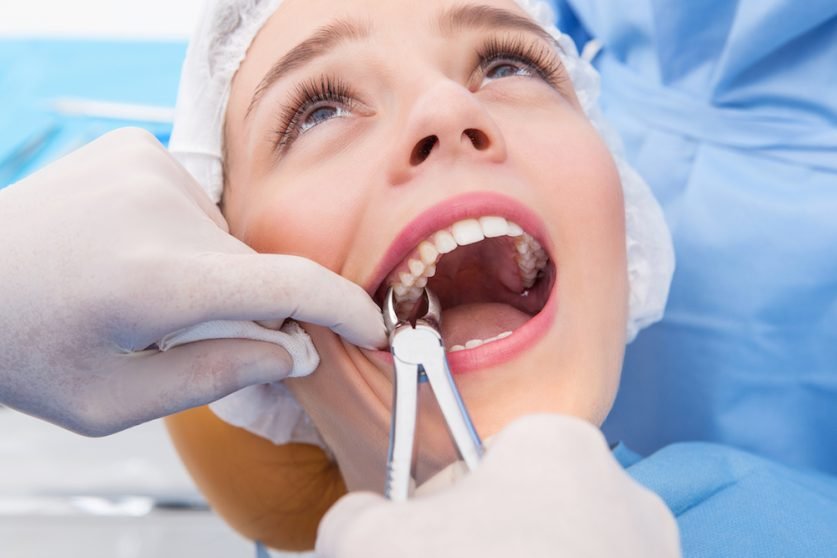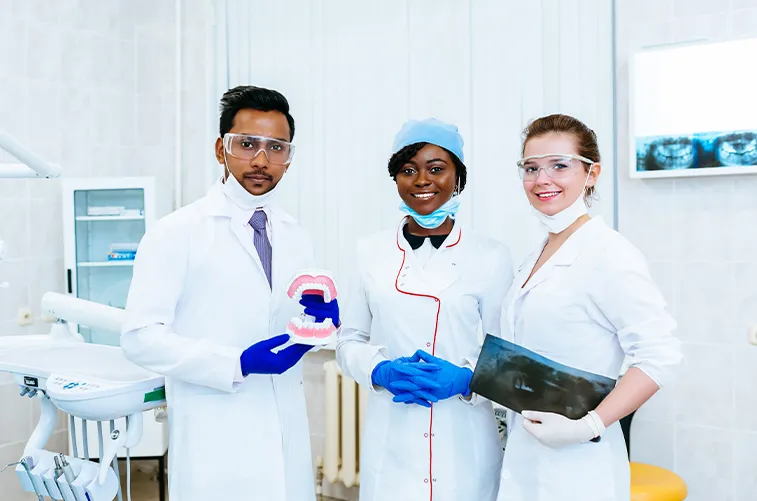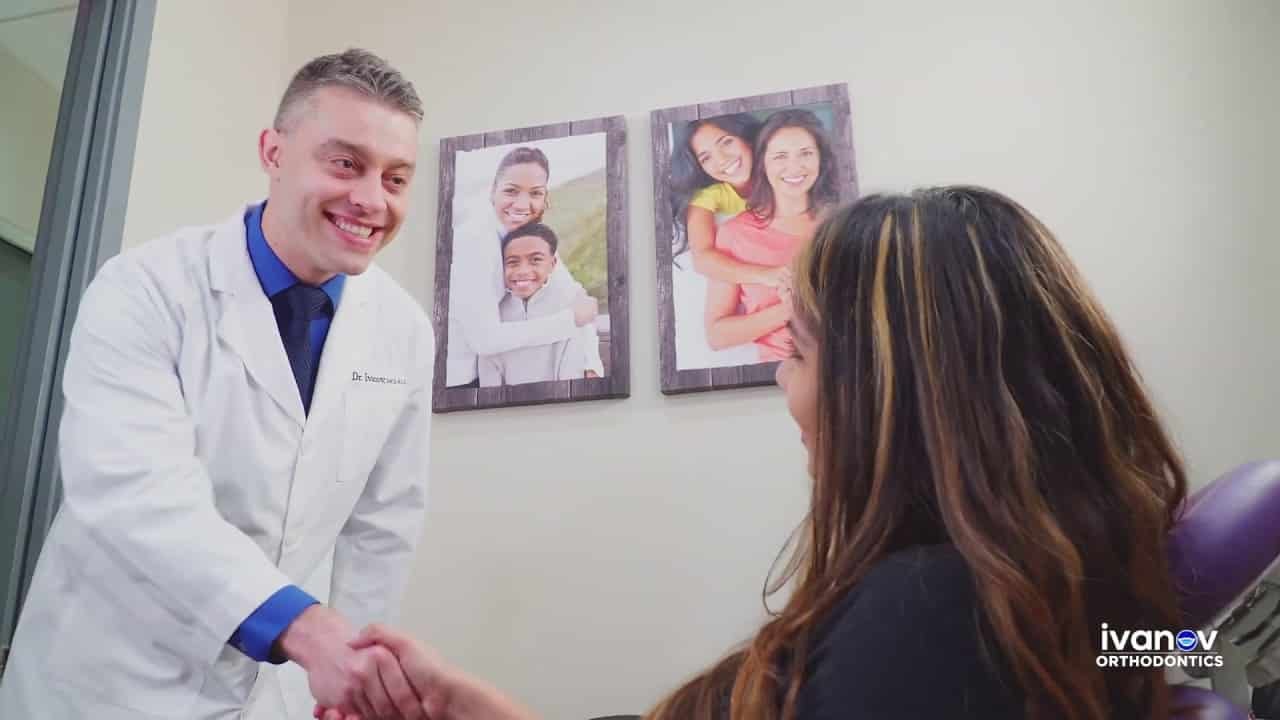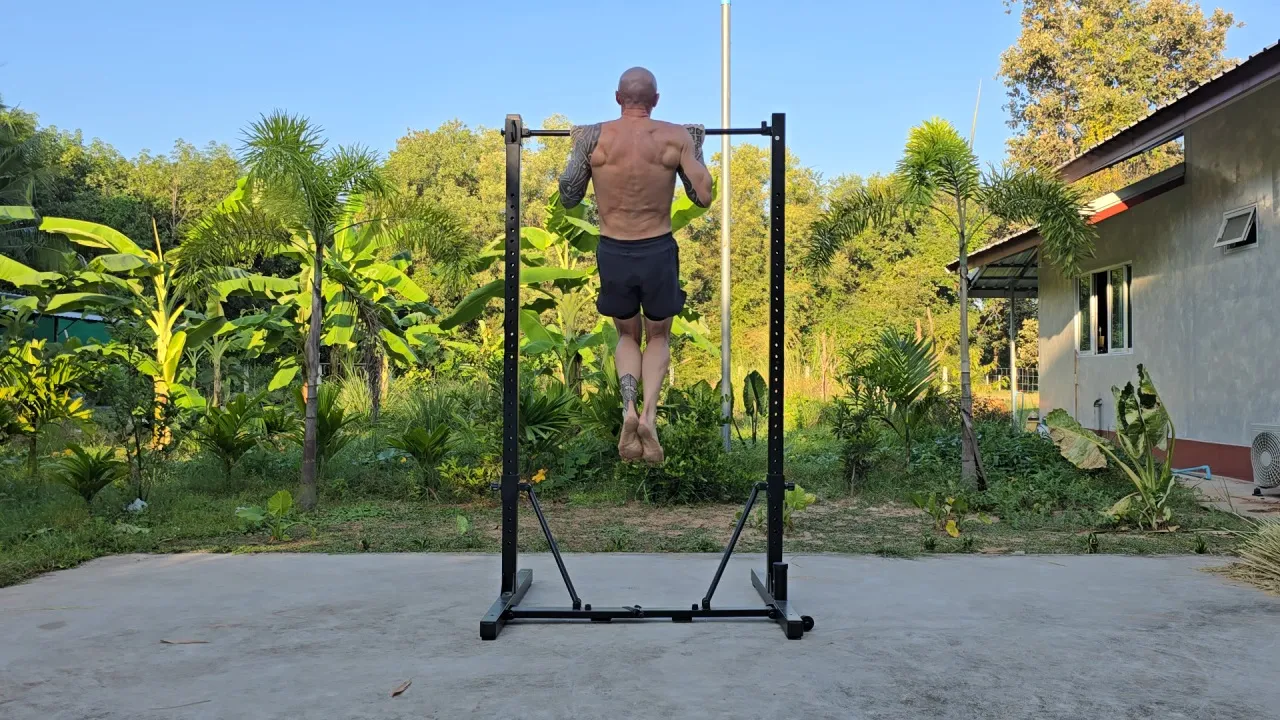Although many adolescents and some adults have their wisdom teeth removed, there are additional situations in which adult tooth extraction may be required.
Dental extraction near me may be necessary due to severe tooth decay, infections, or crowding. One or two teeth may need to be extracted to make way for the other teeth as they move into position for those who obtain braces. Additionally, compromised teeth may need to be removed to maintain oral health for patients who are receiving chemotherapy or are preparing to get an organ transplant.
Tooth extraction is a short outpatient surgery done by dental places near me or an oral surgeon under local, general, intravenous, or a combination of anesthesias. An easy extraction is the removal of visible teeth. Broken, subsurface, or impacted teeth call for more extensive surgery.
How to get ready for tooth removal?
Your dentist will examine your tooth before the procedure is scheduled. Tell your dentist about all prescription and over-the-counter medications you take and any vitamins, dietary supplements, and herbal remedies.
If you are soon receiving intravenous treatment for another medical condition using a medication known as bisphosphonate, let your dentist know. If so, the extraction should be performed before the medication therapy to prevent jaw osteonecrosis.
What should I do before a tooth removal?
Tell Houston dentist if you have any of the following issues as well:
- an underlying cardiac condition
- diabetes and liver illness
- thyroid condition
- kidney disease
- a broken heart valve, prosthetic joints, and adrenal illness
- an immune system that is compromised by a history of bacterial endocarditis
Before performing the tooth extraction, your dentist might want to make sure all symptoms are under control or cured. In the days before the surgery, antibiotics could be advised if:
You have an infection, a weakened immune system, or a specific medical condition, and the procedure is anticipated to take a lengthy time.
What are the things you should consider for better sedation?
- Refrain from eating or drinking for six to eight hours before your visit if you will be receiving an intravenous (IV) anesthetic.
- Don’t light up before.
- Let your dentist know if you have a cold.
- If you suffered nausea or vomiting the night before, tell your dentist. This may necessitate using a different anesthetic or delaying the appointment.
- Have someone with you drive you home if you’re undergoing general anesthesia.
What happens when a tooth is extracted?
Your extraction will be simple or invasive, depending on whether your tooth is visible or affected.
Dental extractions near me will be administered to you, numbing the area around your teeth so that the process will only cause you to feel pressure rather than pain. After loosening the tooth with an elevator and extracting it, your dentist pulls it with forceps.
Conclusion
If you suffer from pain and excessive sensitivity, you should visit a Dental Clinic for proper treatment. If your teeth are treatable with root canal treatment, they will save your teeth or in another case, your teeth need to be extracted.










